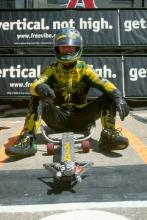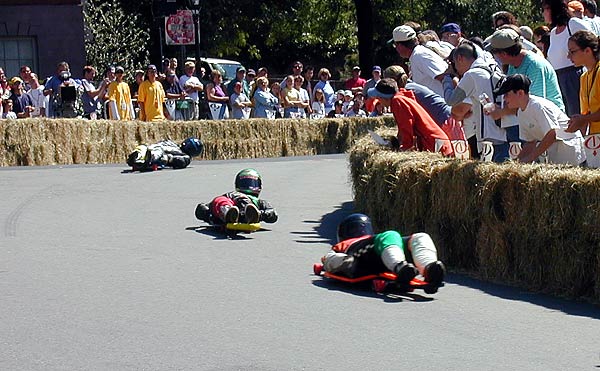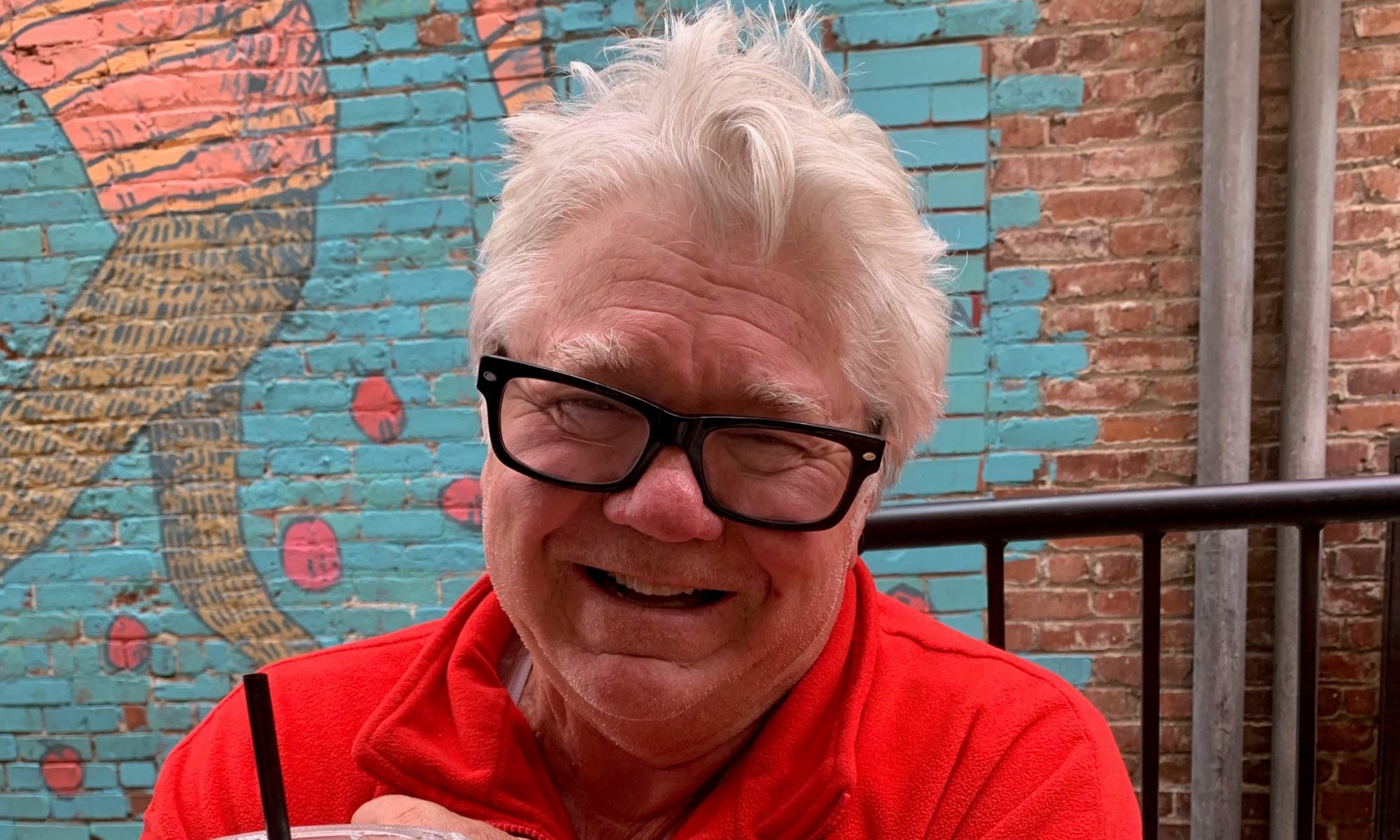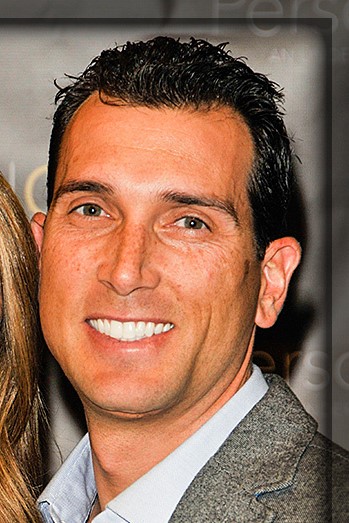A Redlands Connection is a concoction of sports memories emanating from a city that once numbered less than 20,000 people. From pro football’s Super Bowl to baseball’s World Series, from dynamic soccer’s World Cup to golf’s and tennis’ U.S. Open, major auto racing, plus NCAA Final Four connections, Tour de France cycling, more major tennis like Wimbledon, tiny connections to that NBA and a little NHL, major college football, Kentucky Derby, aquatics and Olympic Games, that sparkling little city sits around halfway between Los Angeles and Palm Springs on Interstate 10.
Imagine staying up late on a Sunday night, listening – not watching – an Extreme sport on ESPN while doing some late-night writing. All of a sudden, this nothing event comes to life. Words sounded familiar.
“… and in the Street Luge category … a man made a name for himself … from Redlands, California … David Rogers.”
What’s that? Redlands? Late-night ESPN TV? Made a name for himself? I kept watching. Sure enough, Rogers was there, lying on his back face up, racing downhill, battling for a gold medal. From Redlands, of all places. As a media member, you’re always looking for local angles.
I had to get it into our newspaper, next edition. Late night phone calls. Early morning. Let’s see. If this took place on tape-delayed ESPN, he might be traveling home at this hour – and maybe just getting back.
Maybe I could catch him before he went to bed. It was 1 a.m. on a Monday, I’ll do anything for a story on deadline.

Rogers, who resided in Redlands, took that ride down a San Francisco hill near that famed Cliff House restaurant on one June summer day. While temperatures soared to nearly 100 in his home town, that City By the Bay was nice and cool.
Rogers took first at X Games Street Luge championship in August 1999, thus earning a gold medal. It was a first. He’d come from last place on that daring dangerous downhill plunge at that Cliff House.
With names like Biker Sherlock, Rat Sult, Earl “The Squirrel” and Dennis Derammelaere in that sport of Street Luge, a name “Mr. Rogers” doesn’t seem all that exciting, does it?
Godfather of that sport was Bob Pereyra. Yeah, Mr. Rogers was chasing that guy
It’s a Redlands Connection that Rogers copped a street luge gold in that Super Mass category.
Some background: The programming department of ESPN in 1993 came up with ideas of holding a meet for athletes from alternative, or extreme, sports. After nearly two years of preparation, first Extreme Games were held in Rhode Island and at Mount Snow, Vt., from June 24 through July 1, 1995.
Competition in nine sports attracted 198,000 spectators. Based on that success, ESPN decided to do it again in 1996, when that name was changed to X Games.
Summer X Games in 1997 and 1998 were staged in San Diego. Those second Winter X Games in 1998 were held at Crested Butte, Colorado. Following summer, arrangements had carried that event to San Francisco for two years in June.
Rogers’ racing expertise lied, perhaps, in facts that he crafted his own racing machinery. A Texas A&M engineering graduate, Rogers fabricated his own boards on which he lied, facing straight up, as he rode downhill and steered in that crazed position.
That event was called Super Mass.
Summer attendance climbed continuously over a three-year period, to 221,000 in 1997, 233,000 in 1998 and 275,000 in 1999. ESPN hasn’t really released attendance figures since then, so supposition is that they’ve reached a plateau or declined somewhat.
Many competitors had arrived in Utah to compete in the Street Luge X Games’ “Last Chance Qualifier.” Weather had been hot but nice with moderately heavy winds during evenings. Hills feature a steep grade with an off camber sweeping right followed by a very challenging left turn. Braking was required.
Redlands’ Rogers had a blistering qualifying run which would have placed him as a top 10 qualifier for Street Luge. Comparing two related events, riders noted less fear of injury and little pressure to perform in San Francisco by 1999.
Whoosh! Rogers, from his past place sport, whizzed past Sean Slate in a rear position, taking best line through that famous Cliff House Turn, winning Super Mass category.
Position is everything. Pushing a racer into hay bales might be perfect strategy.

There might’ve been 10,000 watching in this remarkable view. Unfortunately for those racers lying on their backs, they had no view of that great Pacific Ocean as they raced downhill for a gold medal.
For that local newspaper, I had an off-the-beat story.
I couldn’t wait for my first face-to-face interview with Rogers. He’d given me his address. I met him at home. His wife, dressed to the max for this special interview with her husband, looked lovely and supportive.
One day later, Rogers met me on a road course – part of that Sunset Loop for annual Redlands Bicycle Classic – for a photo spread with photographer Lee Calkins. It led to a full-page spread in that local newspaper.
That gold medal had one to Rogers – A Redlands Connection – with some nice outcomes.


